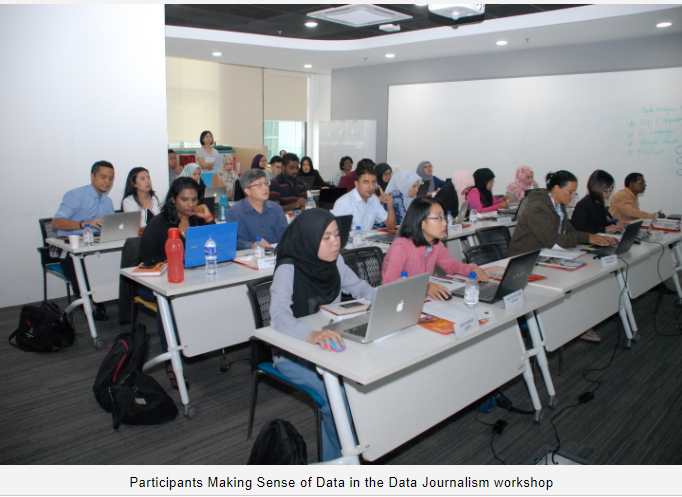
On 3rd October 2018, thirty-one Asia Pacific journalists gathered at ASEAN Data Analytics eXchange (ADAX) hall, Bangsar South, Kuala Lumpur, to participate in a 3 days Regional Workshop on Data Journalism. The workshop was jointly organized by Asia-Pacific Institute for Broadcasting Development (AIBD), Institut Penyiaran dan Penerangan Tun Abdul Razak (IPPTAR) and supported by Malaysia Digital Economy Corportaion (MDEC) .
The main aim of the three-day long workshop was to build the concept of data journalism among the participants, who were mostly from TV and Radio stations based in the Asia-Pacific region. Journalists from Radio TV Malaysia (RTM), Bangladesh, Fiji, Macau, Seychelles, Sri Lanka and Vietnam including the communication professionals at Malaysian government institutions participated in the workshop with great interest and enthusiasm.
Throughout the 3 days workshop, data analysis and creation of multimedia tools were taught intensively to the participants so that they would be able to apply the acquired set of skills upon returning to their newsrooms and respective media organizations. The painstaking focus were on how to access, refine, analyze and visualize the data – in order to tell compelling data-driven news stories as well to improve their regular news reporting skill.
The data journalism workshop was entirely led by AIBD consultant Arun Karki, a data journalist and trainer based in Kathmandu, Nepal who has already trained dozens of journalists in Nepal.
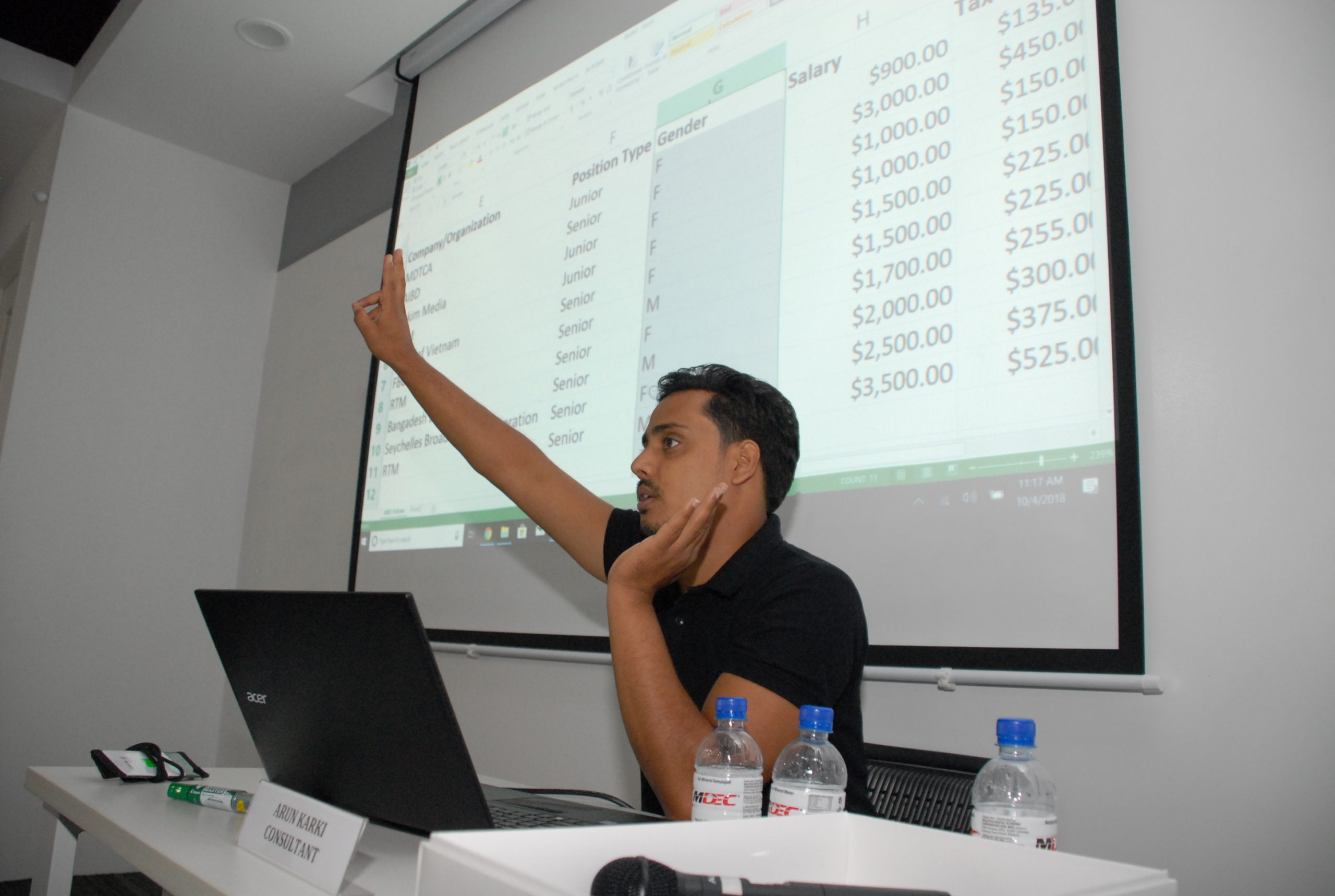
During the workshop, the participants gained hands-on experience with practical exercise sessions that helped them to have a deeper understanding on how to interpret data to generate contents both for mainstream and social media to engage more audiences or viewers.
DAY I: From Evidence to Story
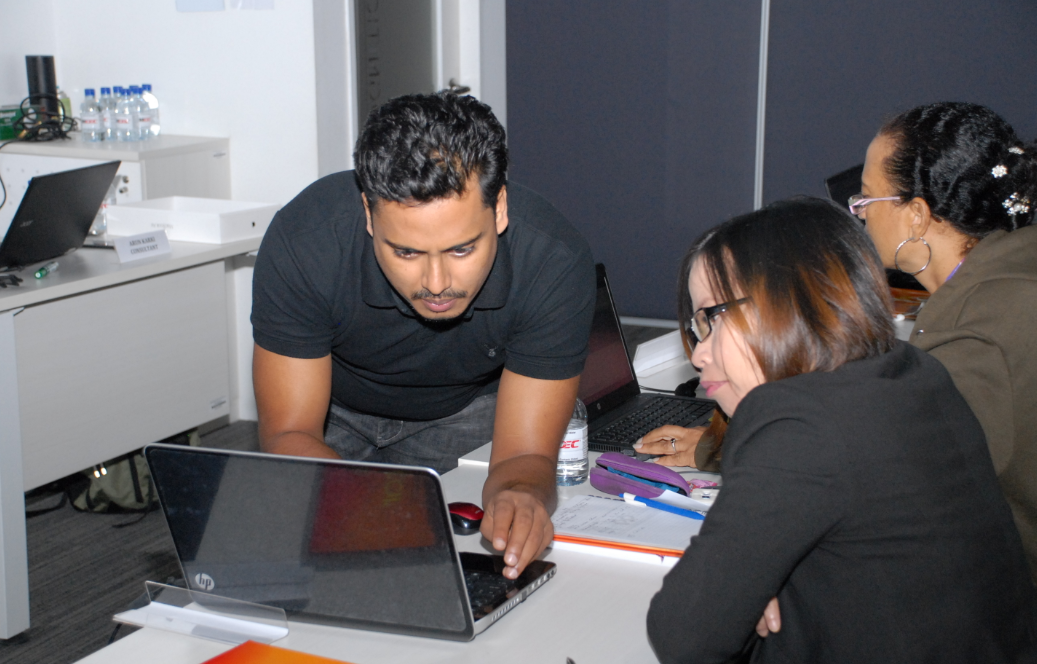
The first day began with the brief discussion on – what inspired participants to get into data journalism. After the fifteen-minute warm up talk, they learned the history of data journalism and its current emerging trend in Asia. They came to know the difference between data and statistics, and importantly why data journalism, an evidence based reporting, is important in today’s fast-changing digital era.
Before practicing or working with any data sets, they acquired the knowledge of ‘Open Data’ – the data available on public domain for the purpose of free use, reuse and redistribute. The participants then checked few online data portals of government and non-governmental agencies where sectorial data is publicly available, which journalists can access and dive deep to get stories.
Then came the next primary focus-the using of web based tools to scrape and convert different format data tables into a ‘open-source’ format – a universal and compatible one. They obtained techniques to extract tables from web portals and convert files into spreadsheet in order to make it analyzable.
The participants also learned Google advanced search techniques to find contents with specific criteria from searches and exploration of data sets and tables on the web.
Likewise, at times when the world is coping with fake news, the participants learned about the ‘Metadata’ – set of data that describes and gives information about other data – which is helpful to verify or fact-check the viral contents.
DAY II: Working with Excel data tables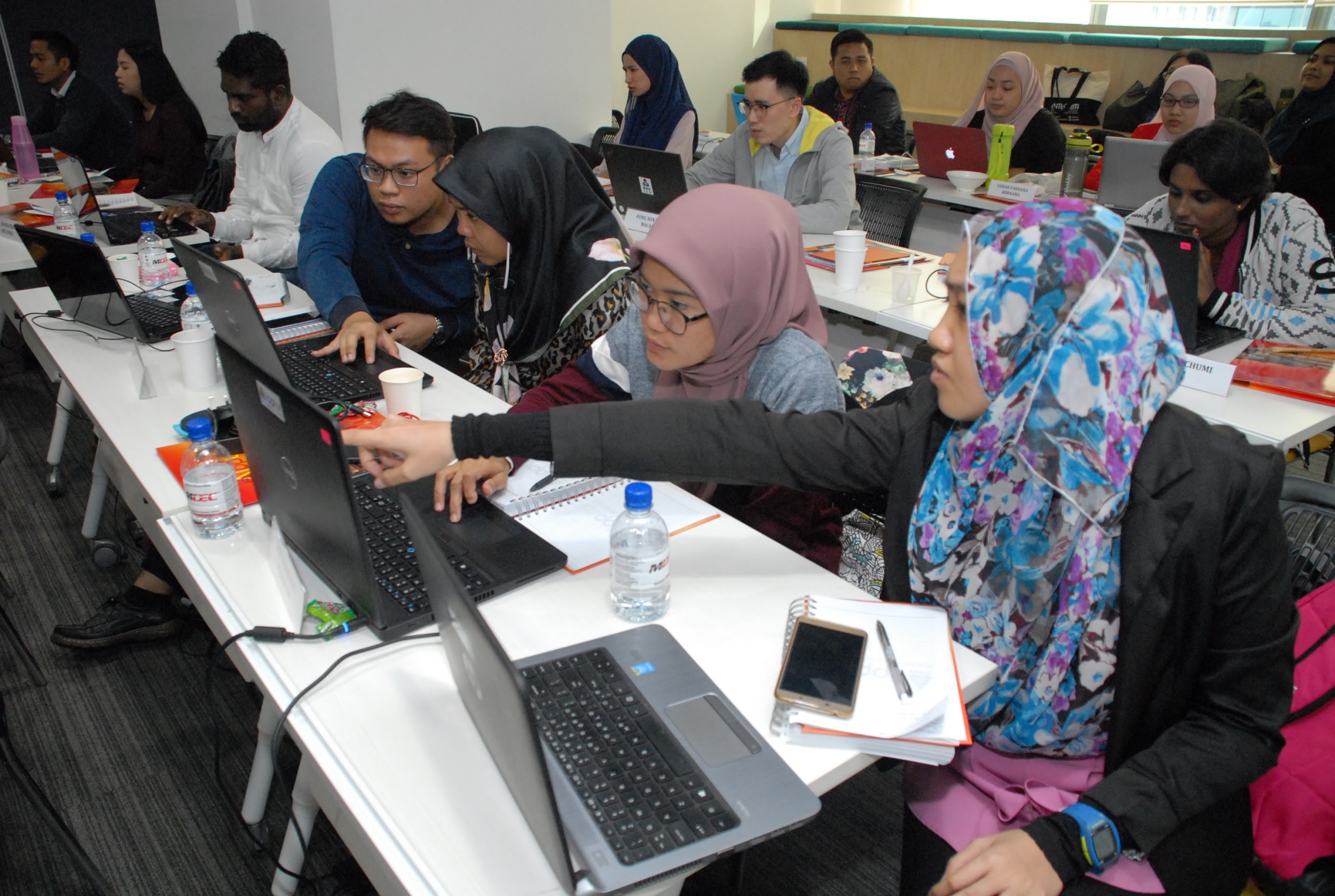
On 4 Oct, participants learned specific techniques to clean and analyze the excel data tables – in a journalistic way – as well as to bulletproof their story leads and statements. Firstly, participants learned to refine dirty or messy data tables. Secondly, it was sorting, filtering and making simple mathematical calculations inside the excel spreadsheet tables by applying different parameters or measureable factors. The participants first worked on self-created excel table in which they learned to use simple formulae, functions and calculations to get different results as per their story angles and requirements.
At the end of the second day, participants gained the solid understanding of four different steps or process of data journalism.
DAY III: Generating data-driven multimedia contents
The last day of the workshop turned out to be working with infographics creation and mapping tools. The participants were taught to use Venngage, Infogram, JuxtaposeJS and Google Earth Pro to visualize the data they refined on second day of the workshop. Using such data visualization tools, all the participants were able to create infographics from the given datasets. They also generated interactive mapping contents showing frame comparisons of satellite imageries taken on different date and time.
Before the close of the workshop, the participants were able to showcase their beginners` infographics pieces which were so amazingly informative and creative even to the eyes of the consultant himself. 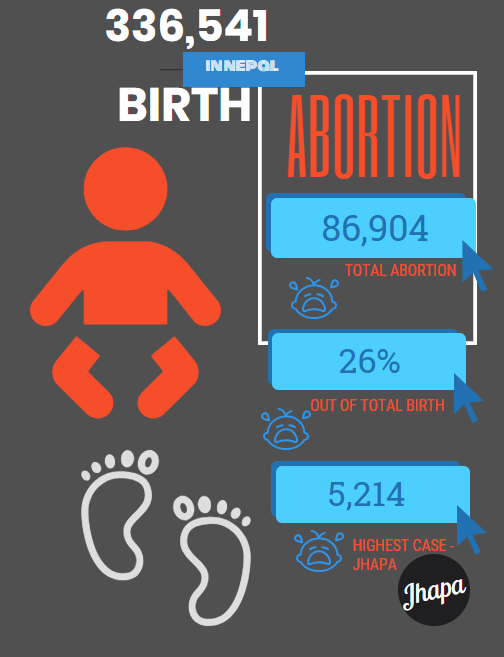
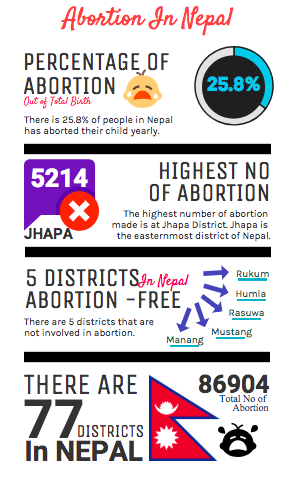
The workshop ended with the presentation of certificates by Mr Chuah Hin Chiew, Head of Academic, IPPTAR and Ms Philomena Gnanapragasam, Head of Programme Department, AIBD together with a few words of thanks and remarks from two workshop participants; Ms Telma Theresa Pool, Principle of Radyo Sesel (SBC), Seychelles and Mr Luqman Hakim Abd Malik, Head of Corporate Communication, Ministry of Domestic Trade and Public Consumers, Malaysia.
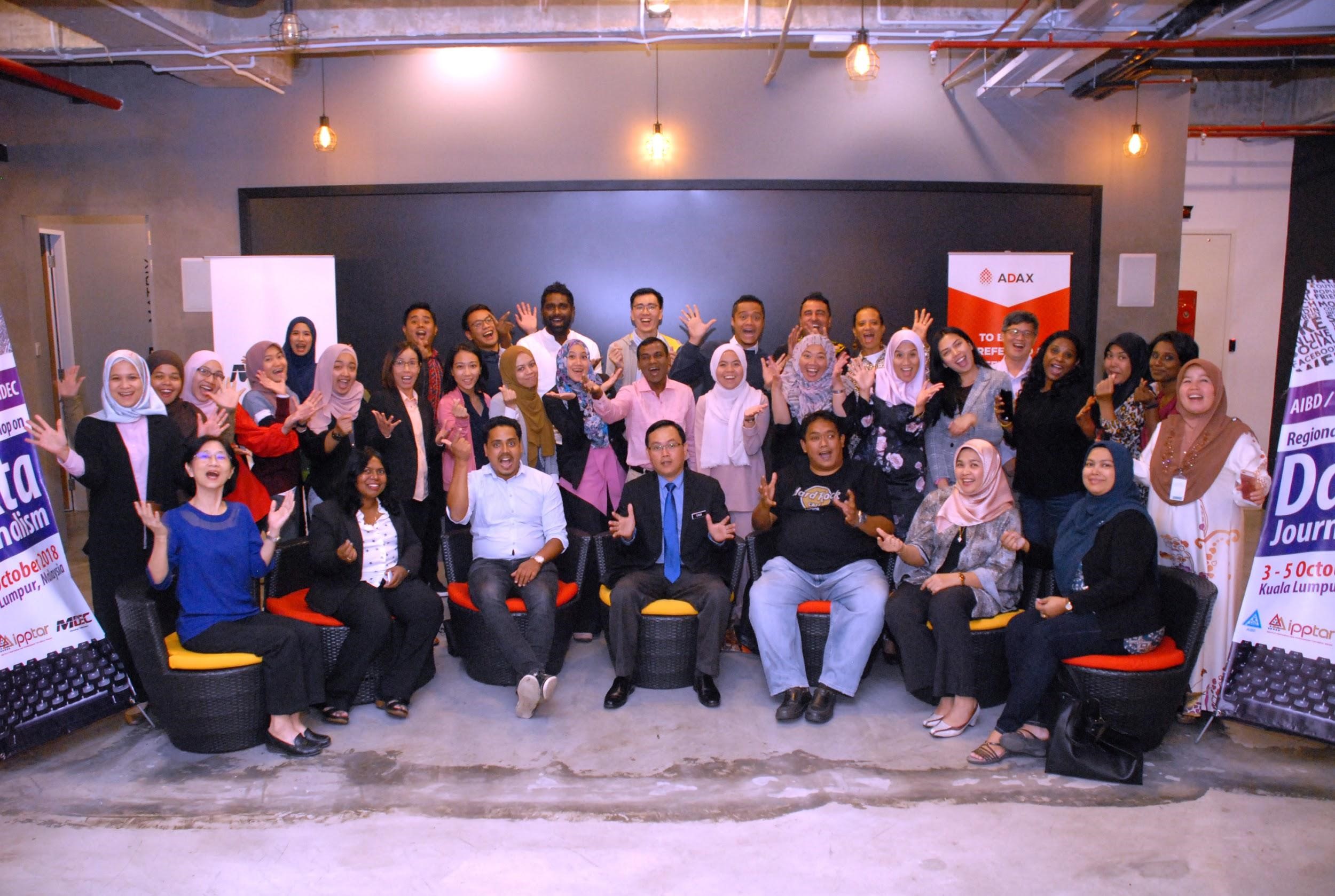
AIBD/ IPPTAR/ MDEC Regional Workshop on Data Journalism
On 3rd October 2018, thirty-one Asia Pacific journalists gathered at

